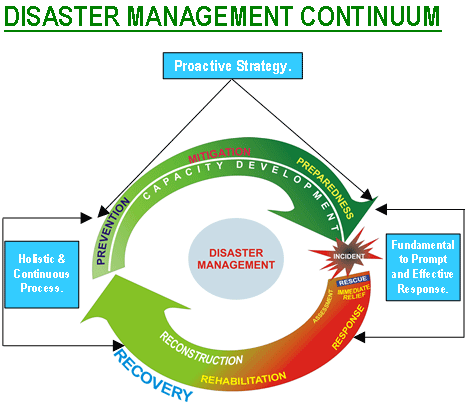HEARTY WELCOME TO THE BLOG...
WELCOME TO SAFETY BLOG
SAFETY FROM DISASTERS
 REAL DEFINITION OF DISASTER....
REAL DEFINITION OF DISASTER....
Disaster is a sudden, calamitous event bringing great damage, loss, and destruction and devastation to life and property. The damage caused by disasters is immeasurable and varies with the geographical location, climate and the type of the earth surface/degree of vulnerability. This influences the mental, socio-economic, political and cultural state of the affected area. Generally, disaster has the following effects in the concerned areas.
SAFETY PLANS
- Prepare an emergency plan and conduct an emergency drill.
- Evaluate your home. Have your building and appliances inspected to assure that they are able to withstand a significant disaster.
- Know the location of the main electric switch and how to turn off your electric supply.
- If you are cooking in the kitchen, turn off the stove before you take cover.

- If you are outdoors, get into the open away from buildings and power lines. Be alert for falling debris.
- Prepare an emergency plan and conduct an emergency drill with your family.
- Prepare an emergency evacuation plan for your home. Each room should have at least 2 ways to escape in case one is blocked. Establish a place where your family can reunite after an emergency.

- If you live in an apartment, know the locations of emergency exits, fire alarms, and fire extinguishers.
- Make sure children, houseguests and childcare providers know your safety procedures. By planning and practicing what to do, you can condition yourself and your family to react correctly when an emergency occurs.
- Establish an alternative way to contact others that may not be home, such as an out-of-the-area telephone contact. During some emergencies such as an earthquake, completing local telephone calls may be difficult, it may be easier to telephone someone out of the area.

- Prepare and maintain an emergency preparedness kit with enough supplies on hand to be self-sufficient for at least 3 days, and preferably up to one week.
- Know when and how to turn off electricity, water and gas at the main switch and valves.
- Evaluate your home for safety; including ensuring your home can withstand a serious earthquake or other emergency.
- Always store flammable material safely away from ignition sources like water heaters, furnaces and stoves.
- Be sure smoke alarms are installed throughout your home. If the smoke alarm runs on batteries, or has battery back-up power, replace batteries at least once per year. If the low battery warning beeps, replace the battery immediately. All smoke alarms in your house should be tested every month using the alarm test button.
- Keep fire extinguishers in your home, and know how to use them before they are needed. You should keep a fire extinguisher in high-risk areas such as the kitchen and workshop.
 |
| DISASTER MANAGEMENT PLAN |
 REAL DEFINITION OF DISASTER....
REAL DEFINITION OF DISASTER....






No comments:
Post a Comment